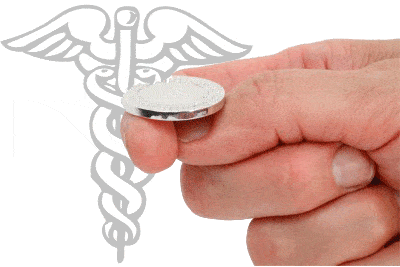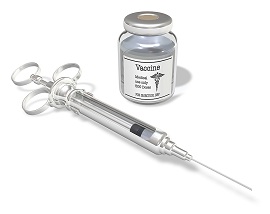Is 90% of the Peer-Reviewed Clinical Research for Modern Medicine False?
What if 90% of the peer-reviewed clinical research, the holy grail of the conventional medical system, is exaggerated, or worse, completely false? The very life's blood of 'evidence-based' medicine -- peer-reviewed and published clinical research results – which legitimizes the entire infrastructure and superstructure upon which conventional medical knowledge and practice is erected, has been revealed as mostly and patently false. Case in point: in a 2005 essay, "Why Most Published Research Findings are False," and which is the most downloaded document of all time on PLoS, the Public Library of Medicine's peer-reviewed, open access journal, John P. A Ioannidis explains in detail how "It can be proven that most claimed research findings are false." And that "for many current scientific fields, claimed research findings may often be simply accurate measures of the prevailing bias." Time magazine wrote about Ioannidis' findings the same year with a piece titled "A Researcher's Claim: 90% of Medical Research is Wrong" -- the title of which speaks resoundingly for itself. Human clinical trials can cost millions of dollars in order to prove the value of a potential FDA-approved medicine. It must be taken through phase I, phase II and phase II clinical trials (which costs on average $804 million). The 'gold standard' of evidence-based medicine therefore betrays the aphorism: "those who own the gold make the standard." By principle, therefore, all natural substances, which do not lend themselves to being patented because they do not grant the manufacturer exclusivity, will never attain FDA approval as legitimate medicines.




